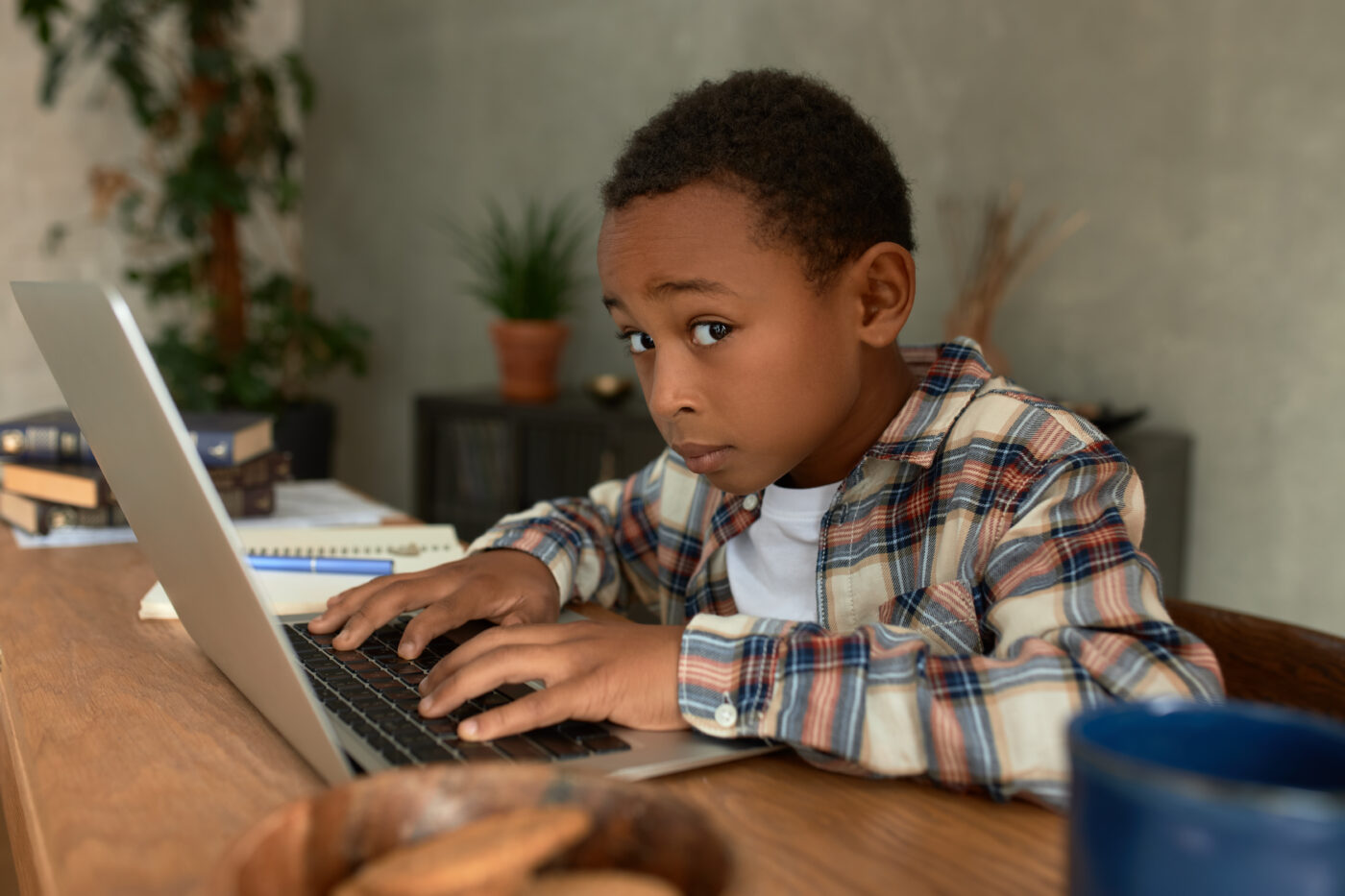A few years ago, when my now college-aged son was in the throes of adolescence, he was adamant about attending a party at a friend’s house where we had suspicions there might be underage drinking. “Dad, even if there is alcohol, I am not going to drink,” he said. While I understood his desire to socialize with his friends, and I trusted he wouldn’t drink, I refused to let him go knowing it wasn’t a healthy or safe situation for a teenager. He was angry that he couldn’t go, but a week later, he told me several of the kids at the party got drunk—and got in serious trouble for vandalizing a neighbor’s property. “Dad, I’m glad you didn’t let me go. I would have been guilty by association,” he said.
My son resented me at first for not allowing him to go to that party, but he realized later it was a good idea that he not go. As they continue to grow, we’re going to do stuff that is good for kids but that they don’t like. Here are 5 of those things.
1. Establishing Loving Limits
Saying no to your kids can be hard sometimes. Yet, when we set healthy boundaries for our kids, we help them develop stronger self-esteem and help them build better problem-solving skills. Boundaries are good for kids and mold them into better and more confident adults because boundaries teach them to develop self-control and self-discipline. Even if they dislike it now, setting these boundaries at an early age means you’re helping your kids develop the skills necessary to establish their own limits when they become adults.
2. Allowing Them to Solve Their Own Problems
Today, where “lawnmower parenting” has become a common problem, parents often rush to solve their kids’ issues rather than allowing them to figure it out themselves. When kids don’t tackle their own issues, they fail to learn to manage and control their own emotions. It’s no wonder intervening and solving kids’ problems for them is linked to poorer mental health and a rise in depression among kids. As parents, we have to provide a nurturing environment and guidance for our kids when they face difficulties, but not rush to solve them.
3. Showing Them Physical Affection
Little kids welcome physical touch from their parents. Teens, on the other hand, are too self-conscious to let you hug them in public. This affection is essential to the healthy development of a child and good for kids when they’re younger. It sets a course for showing healthy emotion. With teens, we must be respectful of their newly discovered personal space and their struggle with the changes to their bodies and figure out how to show affection in ways they accept.
4. Showing Love and Affection to Your Wife
Research shows it’s good for kids to see their parents express love and affection. While it’s healthy for kids to see it, older kids may grow uncomfortable with it and roll their eyes when their parents express it. Yet it sets an important example for your kids as they prepare for adulthood. Not only do your kids see the love between their parents, but you also strengthen your marriage at the same time.
5. Making Family Dinners a Priority
Modern life is full of distractions, which means the tradition of the family dinner has suffered. Talking and sharing details about our daily struggles and triumphs is important. It helps parents stay on top of what’s happening in their kids’ lives, offering an opportunity to provide feedback and guidance. Free of smartphones, computers, work, television, or other distractions, family dinners ensure we’re connected and available to our kids.
Sound off: Which of these are easy for you and which ones are hard?











Huddle up with your kids and ask, “What is one thing I do in front of your friends that you wish I wouldn’t?”